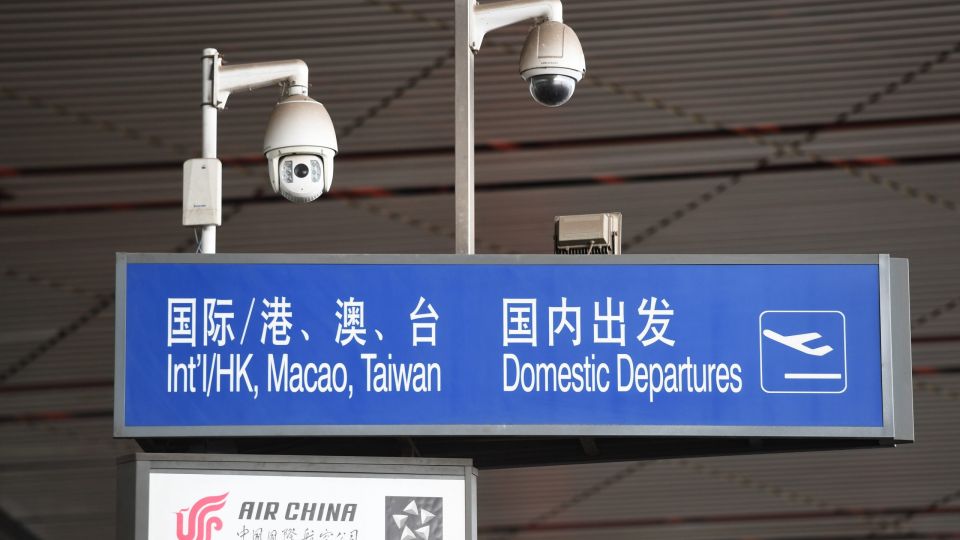September 10, 2019
By Bloomberg as it appears in the Straits Times.
The ongoing protests in Hong Kong, now in their 15th week, have delivered a blow to the city’s tourism industry not seen since the 2003 Sars epidemic.
Tourist arrivals in the city declined almost 40 per cent in August from a year earlier, Financial Secretary Paul Chan wrote in a blog post on Sunday. That’s the biggest year-on-year decrease in visitor numbers since May 2003, when arrivals sank almost 70 per cent in the midst of the disease outbreak that ultimately claimed hundreds of lives in the city, according to data compiled by Bloomberg from the Hong Kong Tourism Board.
“Social issues in the past few months, especially the continued violent clashes and blockading of airport and roads, have seriously impacted Hong Kong’s international image as a safe city,” Mr Chan said in his post, which was written in traditional Chinese. “The most worrying thing is that the situation is not likely to turn around in the near future.”
The city’s tourism, retail and hotel industries have been particularly hard hit, he said. Occupancy rates of hotels in some districts fell more than half while room rates decreased 40 to 70 per cent. Many meetings and business trips have been postponed or moved to other places, he said.
The protests, which morphed from opposition to a proposed extradition law to a broader challenge against Beijing’s authority, have placed a growing toll on the city’s economy. Retail sales by value dropped 11.4 per cent in July, the first full month affected by the protests, while sentiment among small businesses has hit record lows. Hong Kong’s economy overall contracted 0.4 per cent in the second quarter from the previous period, raising the prospect of a technical recession.
The protests show few signs of resolution despite Chief Executive Carrie Lam’s decision last week to formally withdraw the extradition Bill that sparked the movement in the first place.
Based on August 2018 tourism figures, a 40 per cent drop would result in about 3.5 million visitors, the lowest level in more than seven years.
Hysan Development Co and Wharf Holdings, which operate malls in Causeway Bay, dropped more than 1.6 per cent in Monday trading after police fired tear gas in the district on Sunday night. Wynn Macau slid as much as 3.3 per cent, and hotel operator Shangri-la Asia lost 2.4 per cent. MTR Corp fell 1.4 per cent after protesters again vandalised a number of train stations. The MSCI Hong Kong Index was down 0.4 per cent.
Retailers are making plans to ride out the disruption. Sa Sa International Holdings, a cosmetics retailer, has asked some managers in its back office to take no-pay leave for as many as four days each month from September, Ming Pao reported on Monday, citing people familiar with the matter. Sa Sa shares dropped as much as 3.3 per cent.


